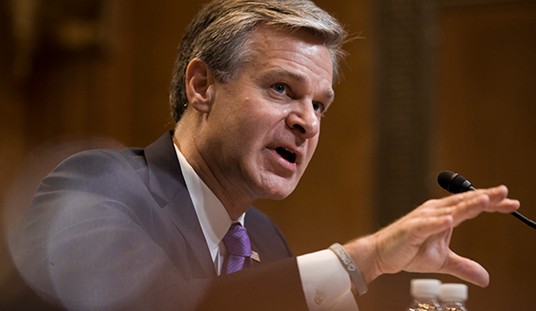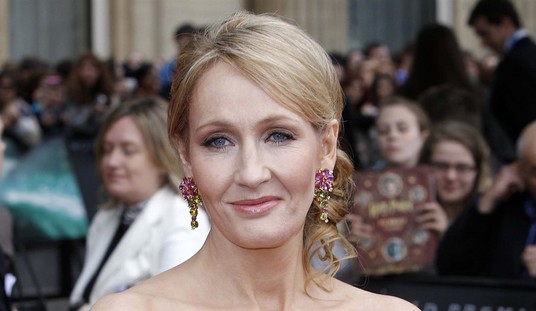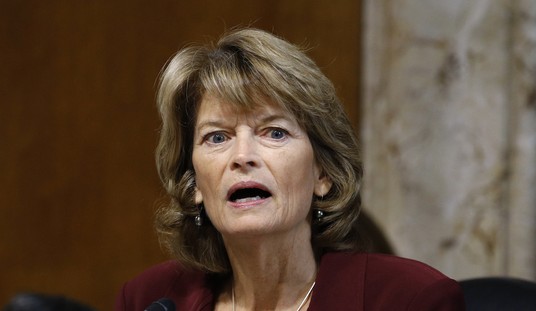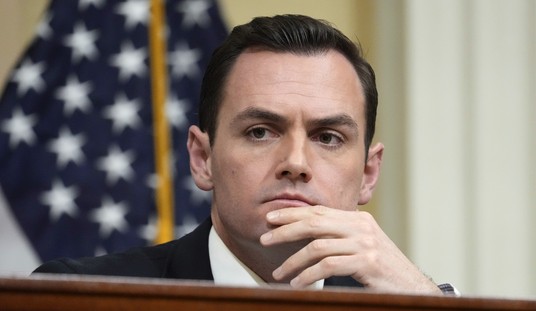“The Democratic Party is going to have to make a very, very profound and important decision,” Bernie Sanders declared as the supporters of his insurgent campaign cheered at a rally in California this past Tuesday night, just days after a meltdown at the Nevada Democratic convention. The party has to “do the right thing” by welcoming and appreciating his followers, Sanders said, and left the implication that his followers would look for other outlets:
What have leaders of the Democratic Party decided to do in response? Circle the wagons against the insurgents, of course. NBC News reports that Debbie Wasserman Schultz and leaders of those states with upcoming conventions on the schedule will try to change rules to shut down any attempt at protests by Sanders supporters:
Still reeling from the chaos surrounding last weekend’s Nevada Democratic State Convention, party officials considered new guidelines Friday that would bar interruptions of any kind at upcoming state conventions.
Last week’s unrest was on everyone’s mind at a meeting here of State Democratic Party chairmen, who rallied around Roberta Lange, the Nevada chair who has received death threats from supporters of Bernie Sanders.
“Any one of us could be Roberta one day,” Democratic National Committee Chairwoman Debbie Wasserman Schultz said. “But none of us are going to stand for it.”
Wasserman Schultz then insisted that stories about Democratic disunity were nothing more than a media fabrication:
She mocked the “media’s love affair with notions of party discord” and said she was “confident that we will channel the passion and energy from our primary into unity behind a common purpose.”
Ahem. The DNC didn’t get its state chairs together to pass new rules against any “auditory or visual distractions” at its meetings because everyone’s so chummy. The new rules bar “interruption or interference of any manner,” which explicitly silences opposition and discord rather than demonstrations of unity and consensus. No one would pass a rule against wild cheering, after all.
This has a large potential for backfire. The end result of this effort will be to force Sanders’ supporters to seek outlets outside of the Democratic Party and its structure. And as I wrote in my column at The Fiscal Times this week, there is an outlet that would actually fit — if Sanders decided to seek it out:
Sanders would still face the same sore-loser laws and ballot access issues as would a conservative independent – if he didn’t have an established party to back him. Unlike conservatives, who lack such a nationally established option, there is at least a possibility that Sanders could appeal to the Green Party. The Greens will hold their convention a couple of weeks after the Democrats do, in the first weekend of August.
The Green Party is most remembered for the spoiler role nominee Ralph Nader arguably played in Florida in the 2000 election, pulling enough votes away from Al Gore to give the state and the election narrowly to George W. Bush. They have struggled for national status ever since, and might welcome Sanders as a means to bid for major-party coverage – especially since they would provide a closer ideological fit for Sanders’ supporters than Hillary Clinton’s Democratic Party might.
A Sanders defection could also help the Greens win a fight over ballot access. As it stands now, though, Sanders could get on enough ballots to have a major impact on the general election. New York, California, Ohio, Michigan, Wisconsin, Oregon, and Colorado are among the 20 states where the Green nominee will get a spot on the ballot no matter what. Those seven states represent 144 Electoral College votes that went to Democrats in 2012. If Sanders split the Left in those states, it might push those states to the GOP; if Sanders actually won those states, it would throw the election to the House of Representatives, where Republicans would control the outcome.
Two weeks ago, the idea that Sanders would take his constituency and go on his own would have seemed ludicrous. With the vitriol ramping up this week and the DNC stoking the fire, it’s at least possible that Sanders will have no use for Democratic Party unity, and has at least a potential option for a party that will allow him to lead. If Democrats don’t act to rein in Wasserman Schultz and engage with Sanders quickly to call a truce, this summer might be more interesting than anyone imagines.
Instead, Democratic leadership is joining Wasserman Schultz in throwing more gasoline on the fire. Chris Cillizza awarded the DNC chair his “worst week in Washington” designation today, but the rest of the Democratic Party may have worse weeks ahead if they keep following her leadership.








Join the conversation as a VIP Member